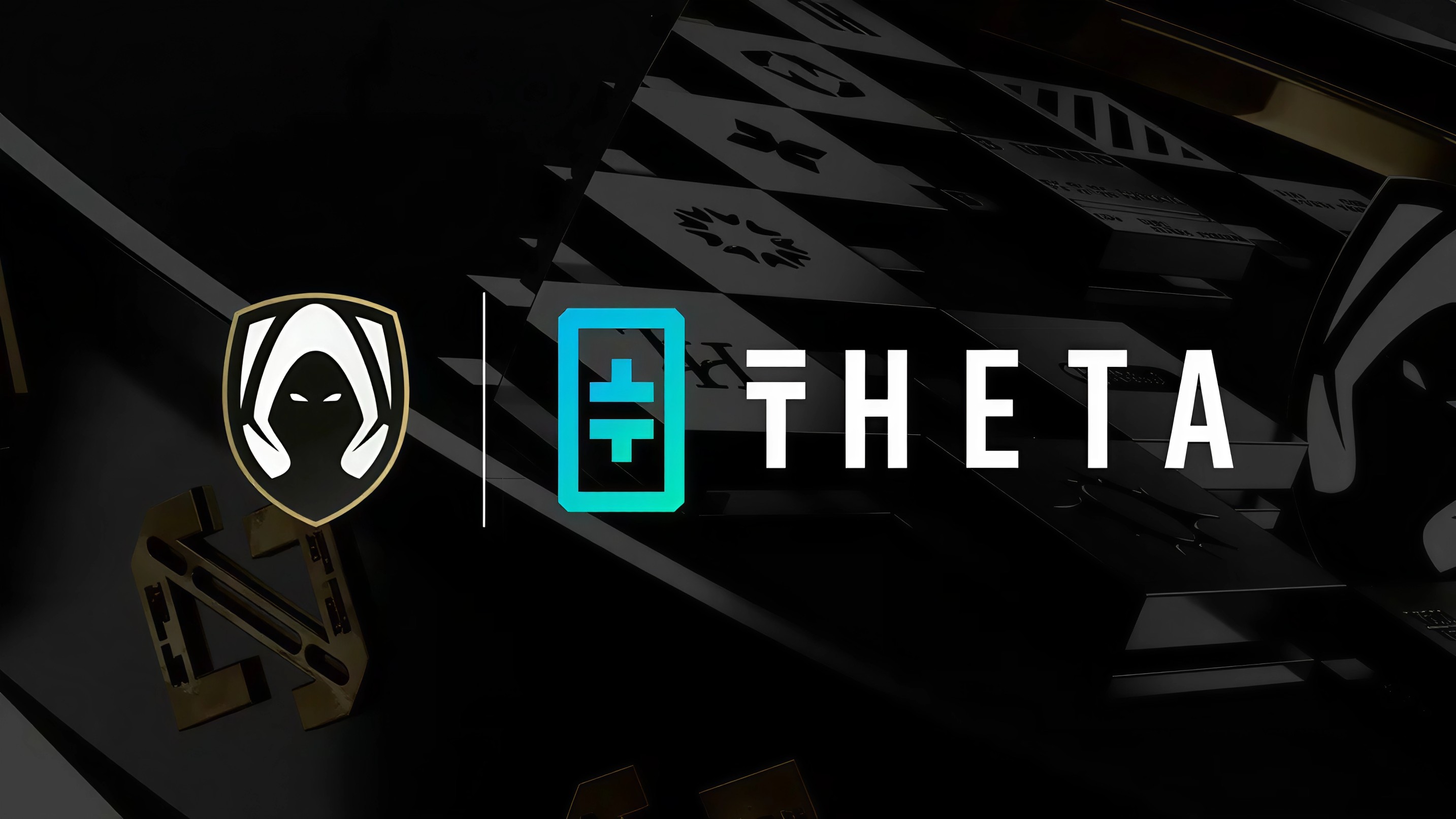In a groundbreaking move that's set to revolutionize its App Store ecosystem, Apple is aligning with the European Union's Digital Markets Act (DMA) by allowing the inclusion of retro gaming emulators. This pivotal decision marks a significant departure from Apple's traditionally exclusive software environment, promising a new era of gaming diversity for its users.
Bridging the Past and Present: Emulators Make Their Apple Debut
Historically, Android platforms have been the go-to for enthusiasts keen on revisiting the classic games of yesteryears through emulators. Apple's latest policy update now invites developers to bring their emulator apps to the App Store, heralding a potential resurgence in retro gaming popularity among iPhone and iPad users.
Navigating New Waters: Copyright Compliance and In-App Purchases
Developers eager to capitalize on this new opportunity must navigate copyright laws carefully, ensuring that their emulator apps do not infringe on existing intellectual property rights. Furthermore, Apple mandates the use of its in-app purchase system for any digital items offered within these apps, integrating these newcomers into the existing App Store economy.
Adapting to Global Standards: Apple's Strategic Compliance with the DMA
This update is part of a broader initiative by Apple to conform to the EU's DMA, which also includes provisions for streaming game stores and in-app functionalities for mini-games and AI chatbots. The introduction of plug-ins and HTML5-based mini-apps suggests a strategic pivot towards a more inclusive and versatile App Store, potentially hosting services akin to those offered by super apps like WeChat.
Legal Landscapes and Competitive Futures
Apple's policy revision arrives amidst intensified legal scrutiny over its market practices, highlighted by a lawsuit from the US Department of Justice. Accusations of monopolistic behavior have shadowed Apple, particularly concerning the suppression of super apps. This update may serve as a countermeasure, demonstrating Apple's commitment to fostering a more competitive and consumer-friendly ecosystem.
A Note on Music Streaming: Spotify's Ongoing Struggle
Interestingly, the new rules also extend to music streaming services, allowing them to direct users to external platforms for subscriptions — a change long advocated by Spotify. Despite this, Spotify has voiced concerns over Apple's slow response to approve its latest app update, spotlighting ongoing tensions between the two entities.
As Apple opens its doors to a richer array of content and services, the tech world watches closely. This shift not only signifies a new chapter for Apple but also sets the stage for a more vibrant and diverse digital ecosystem, where nostalgia and innovation coalesce to offer users unparalleled experiences.










